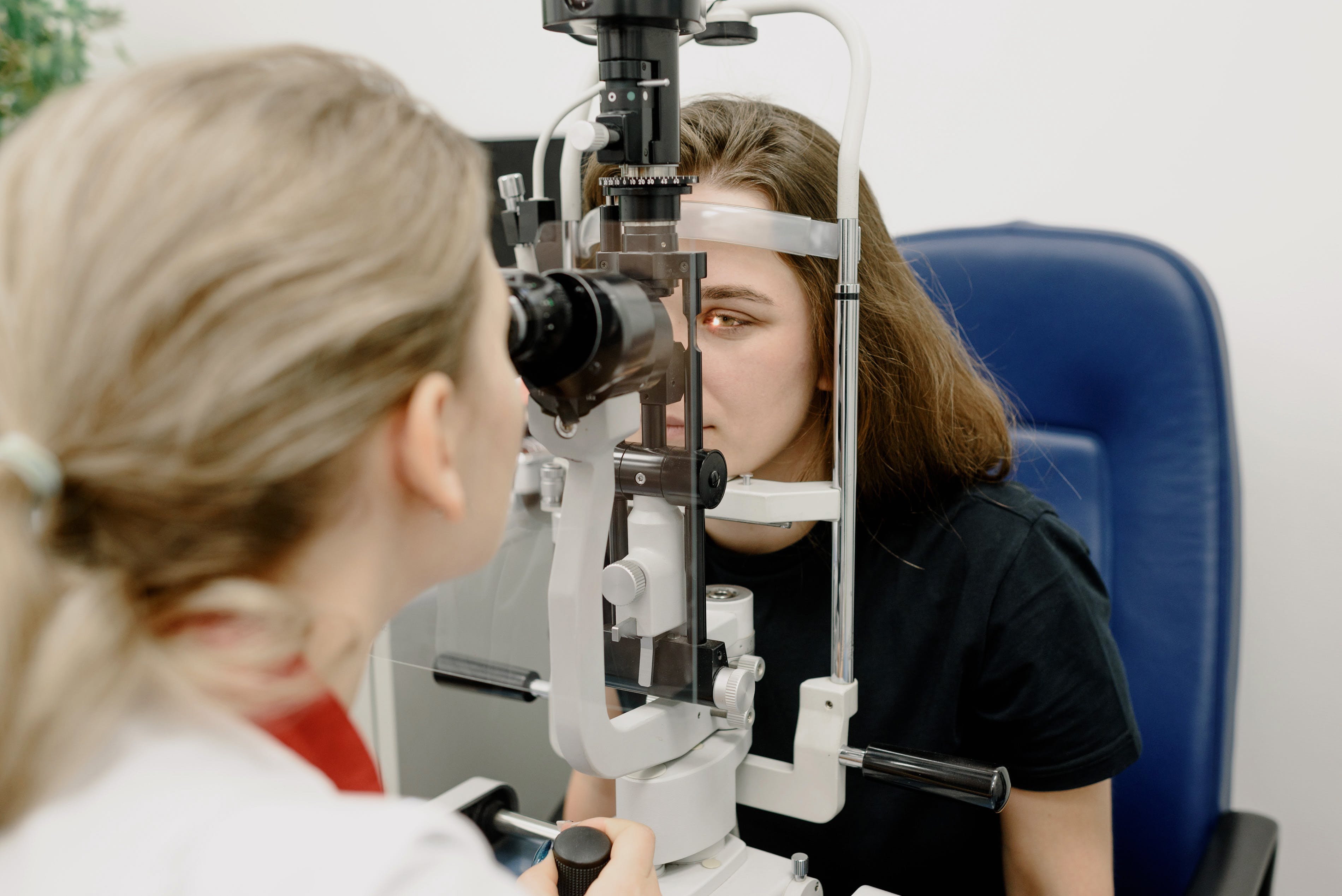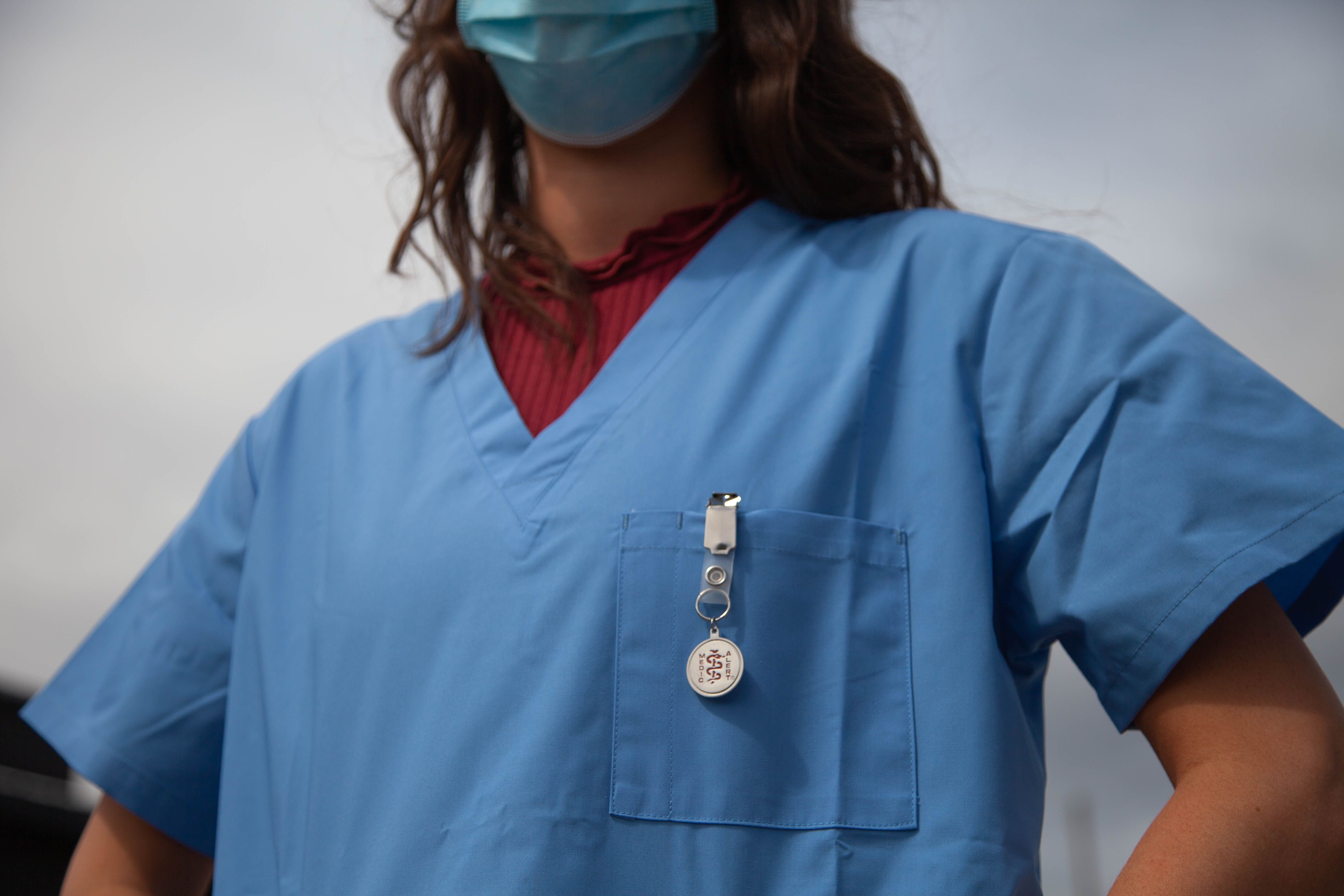Ophthalmology is the branch of medicine that deals with the anatomy, physiology and disease of the eye and visual system.
Overview
The training pathway in Surgical Ophthalmology is the route to qualification as a Consultant Ophthalmologist in Ireland. Surgical ophthalmology refers to ophthalmologists who perform microsurgical intraocular operations, such as cataract extraction surgery or retinal detachment repair surgery. Although the eye is a very small organ there are a numerous subspecialties in ophthalmology. Most surgical ophthalmologists perform cataract surgery as well as sub specialising in one of 7 different surgical subspecialties listed below:
1. Cataract and Refractive Surgery
2. Paediatric Ophthalmology and Strabismus
3. Corneal and External Diseases
4. Glaucoma
5. Vitreoretinal surgery, medical retina and ocular oncology
6. Neuro-ophthalmology
7. Oculoplastics & Orbital / lacrimal disorders
Ophthalmology is also an adaptive and continuously evolving specialty. The eye is not an isolated unit and has complicated relationships with numerous other bodily systems and functions including that of the brain and nervous system. Ophthalmologists work in close collaboration with other specialists including diabetologists, rheumatologists, neurologists, ENT and maxillo-facial surgeons as well as paediatricians, general practitioners and geneticists.
Further details on the Surgical Ophthalmology programme is available on the ICO website.
The national specialty training programme in Surgical Ophthalmology is seven years in duration and consists of three years basic training and four years higher training.

Basic Specialist Training in Surgical Training (BST)
The purpose of the basic years is to provide a broad based initial training in ophthalmology with attainment of knowledge skills and professional behaviours relevant to the practice of ophthalmology in any specialist discipline.
Entry on to the programme is by interview held at the Irish College of Ophthalmologists. An applicant’s undergraduate performance together with their personal and professional attributes, such as, ability to work as a team, communication skills and personal motivation, are all relevant. Successful candidates are appointed to the basic training programme for a three-year period.
Trainees rotate around the clinical training sites and contracts of employment are issued by the relevant hospitals. Trainees are rotated to a new team every 6 months in order to acquire the skills and competencies required to successfully complete BST.
Requirements
To be eligible to apply to Basic Specialist Training in Surgical Ophthalmology (BST) Ophthalmology, candidates must:
1. Have completed their basic Medical Degree.
2. Be eligible for inclusion on the Trainee Specialist Division of the Medical Council Register at the time of application.
3. Have completed their Internship before the start of the training programme in July.
4. Where applicable, have confirmation of achieving the English language requirements (IELTS or OET Certificate) as set out by the Health Service Executive (HSE).
Applications for BST open in October and close in February of each year. Interviews are normally held in March. Further information on the application, eligibility requirements and English language requirements are outlined on the ICO website. We encourage all interested doctors to review the documents on our website prior to submitting an application and to contact us if they have any questions.
Higher Specialist Training (HST)
Higher Specialist Training in Surgical Ophthalmology (HST)
The purpose of the Higher Specialist Training Programme in Surgical Ophthalmology is to provide in-depth surgical training so as to equip doctors with skills both in cataract surgery as well as in the subspecialties of anterior segment (corneal transplant), glaucoma (trabeculectomy), strabismus (squint surgery), orbit (enucleations), vitreo-retinal (retinal detachment repair), nasolacrimal and oculoplastic surgery. Specialist trainees, irrespective of preference and future career choice, must undertake training in all subspecialties to successfully complete their training.
On successful completion of the Basic Specialist Training in Surgical Ophthalmology (BST),
requires passing the MRCSI exam, trainees can compete to enter the Higher Specialist Training
in Surgical Ophthalmology (HST) programme provided they meet the selection criteria.
Progression is based on performance in basic training and by competitive interview held centrally in conjunction with the RCSI. Minor adjustments (5-7% of total score) may be made to the scorecard as required during each selection process.
Further details on the HST training programme is available on the ICO website.
Requirements
- Have completed a Medical Degree.
- Be eligible for inclusion on the Trainee Specialist Division of the Medical Council Register at the time of application.
- Certificate of Completion of Core Surgical Training - CST is a minimum duration of two years of structured Core or Basic training, post internship.
- Successful completion of MRCS part A&B/DOHNS Part B
- For non-Ireland, -UK, -Australia, -Canada, -New Zealand or -US: An IELTS certificate OR the Occupational English Test (OET).



